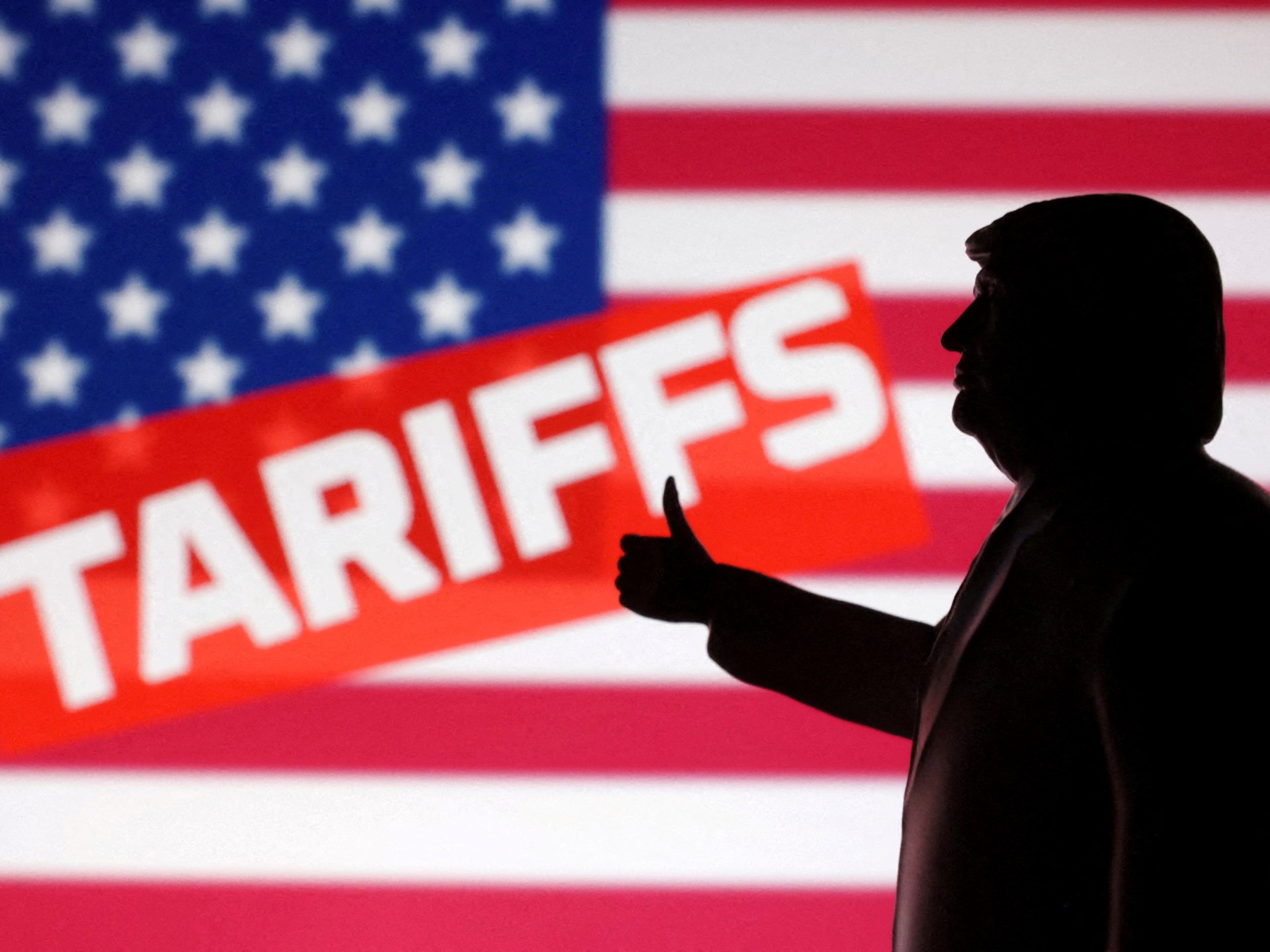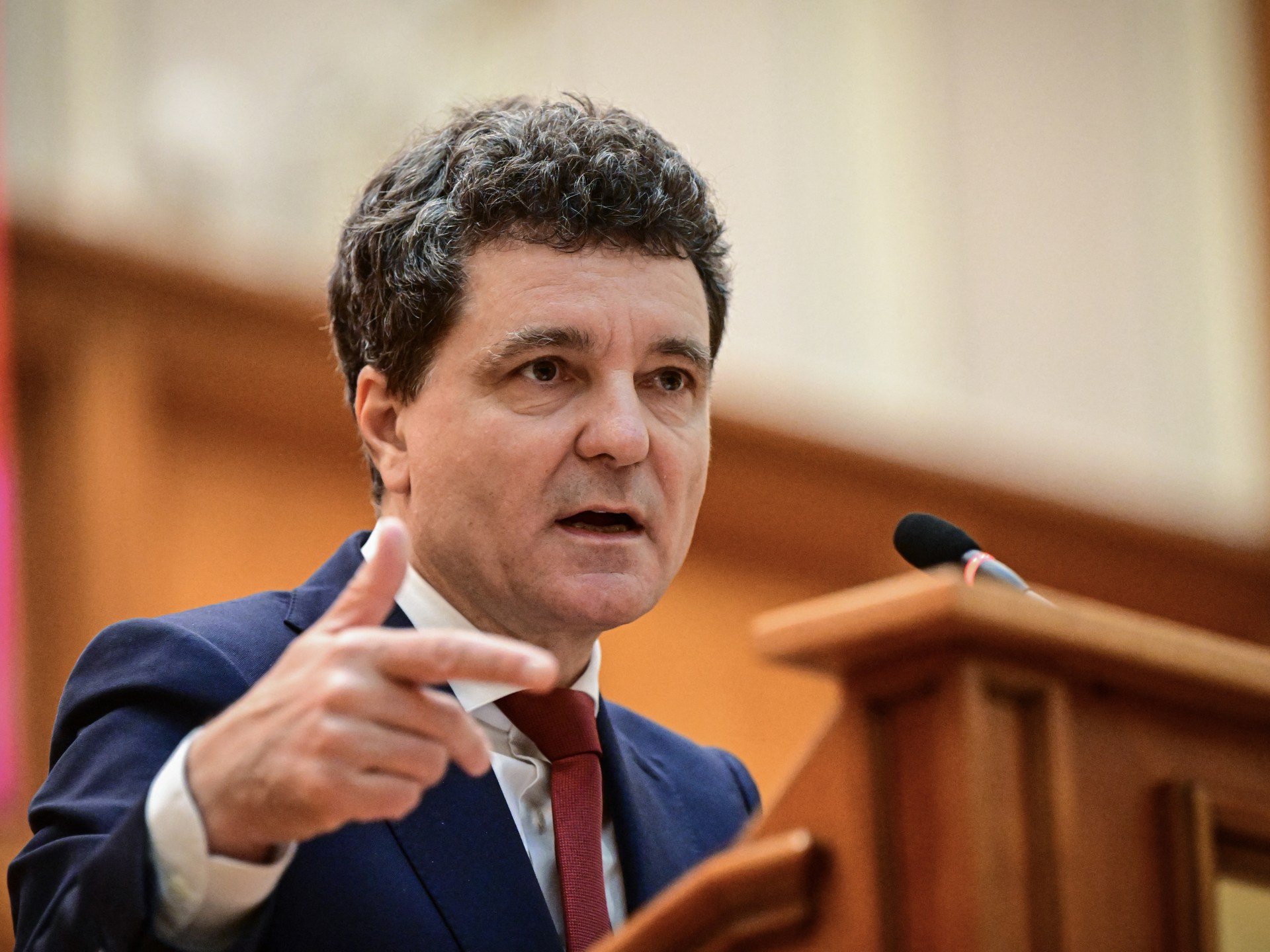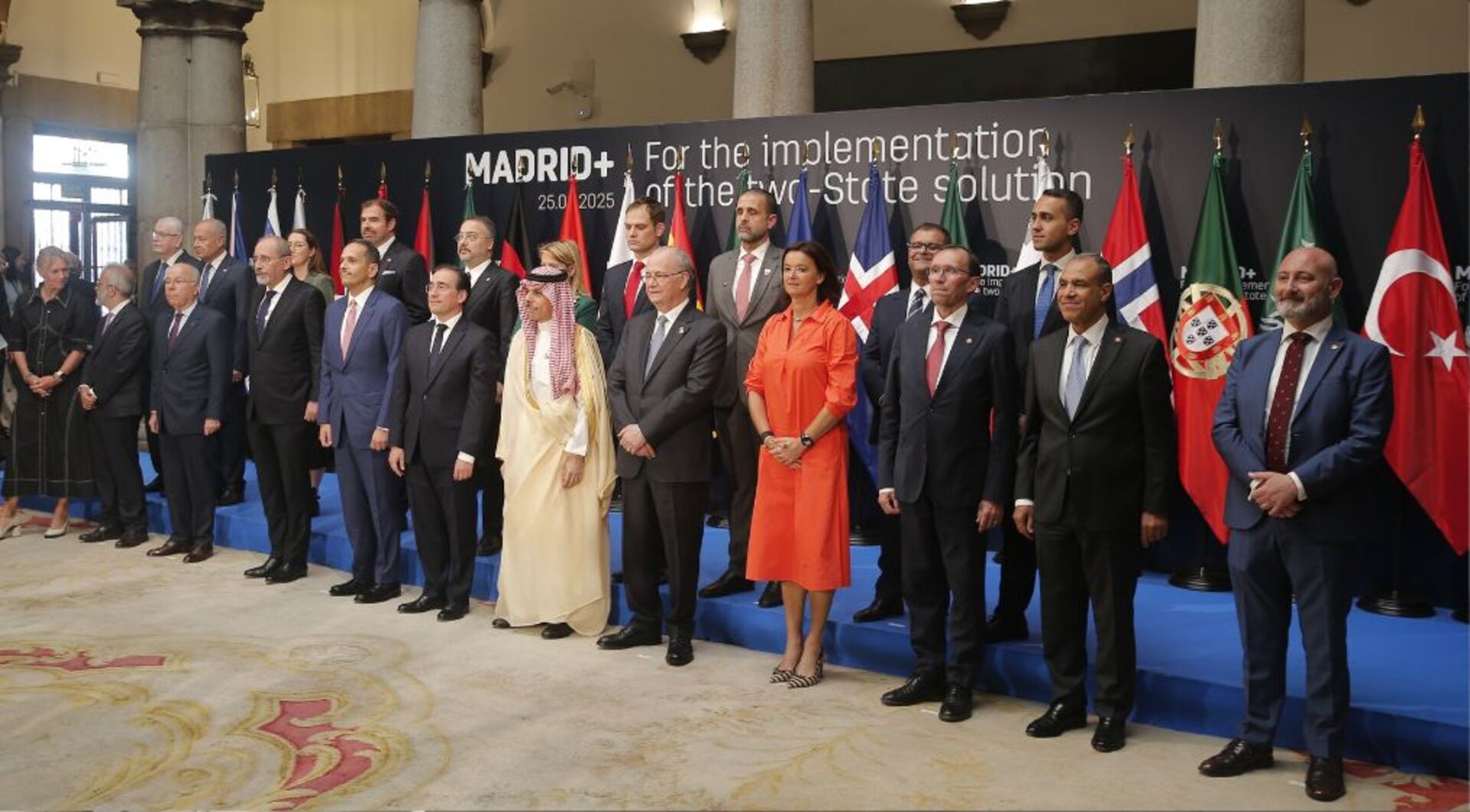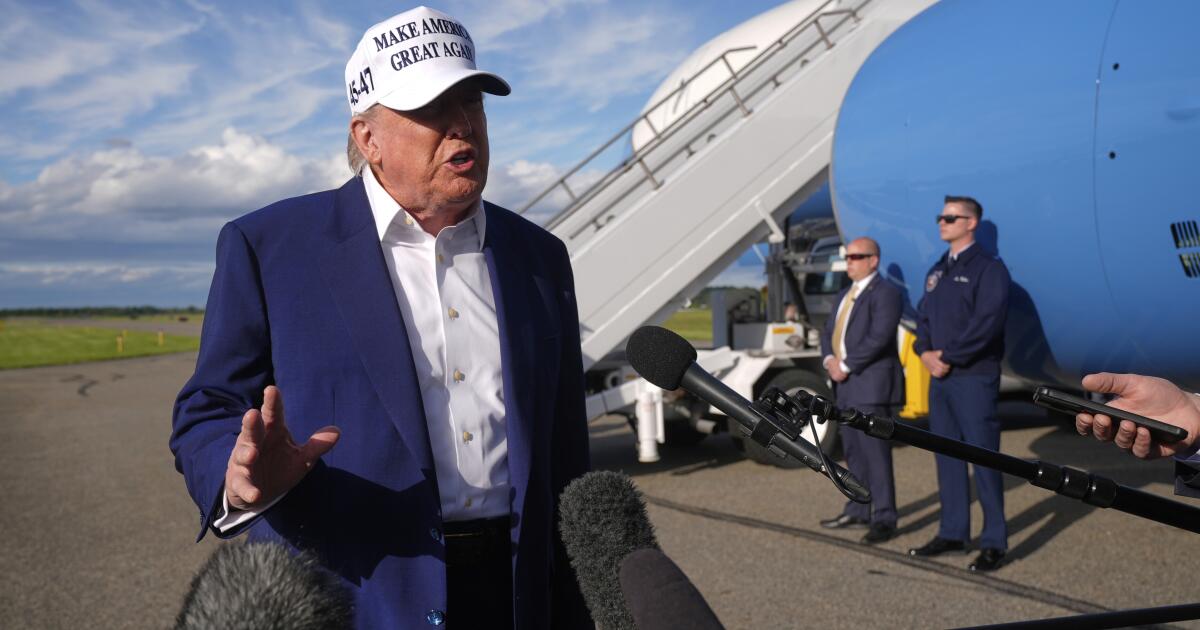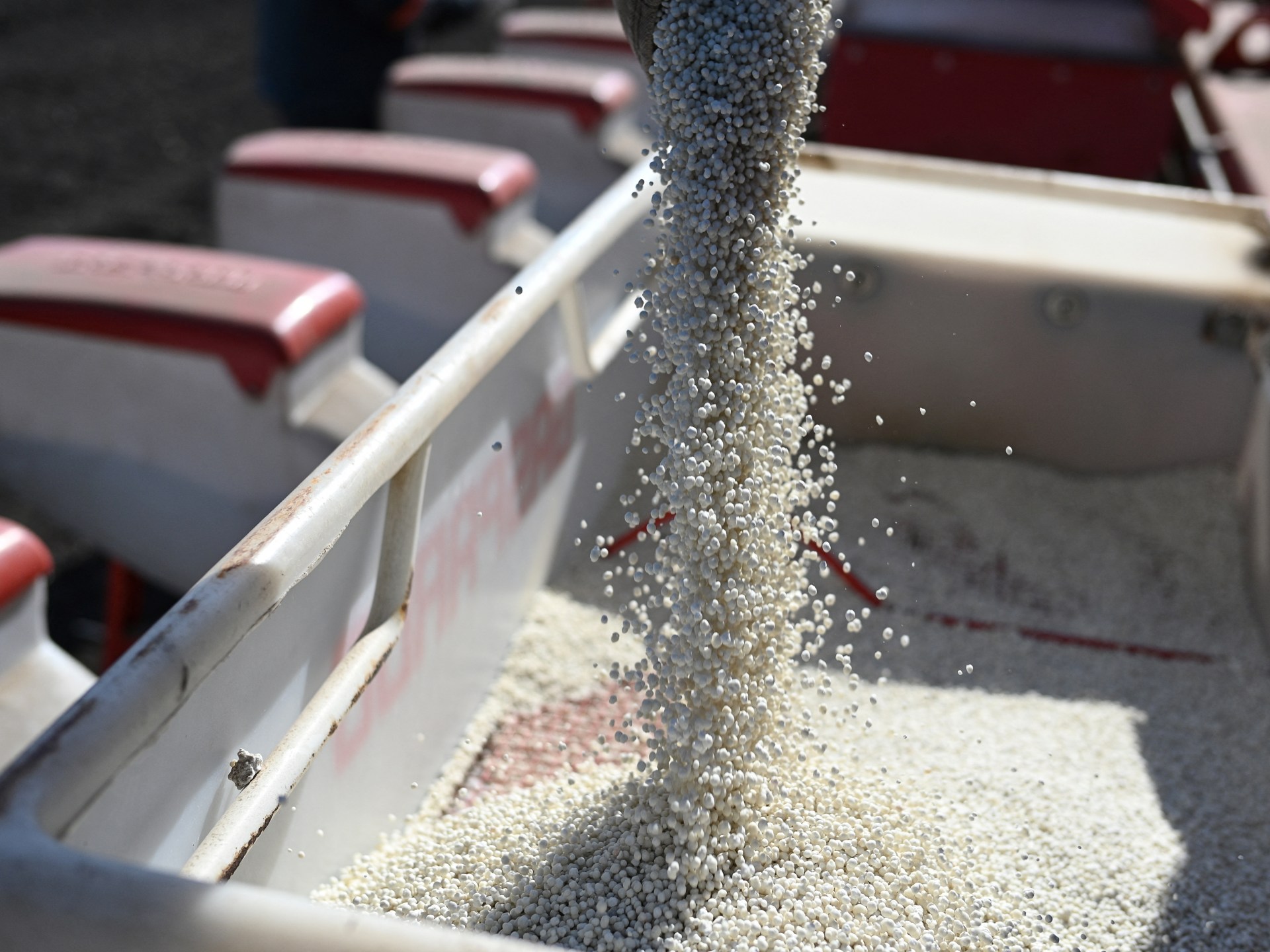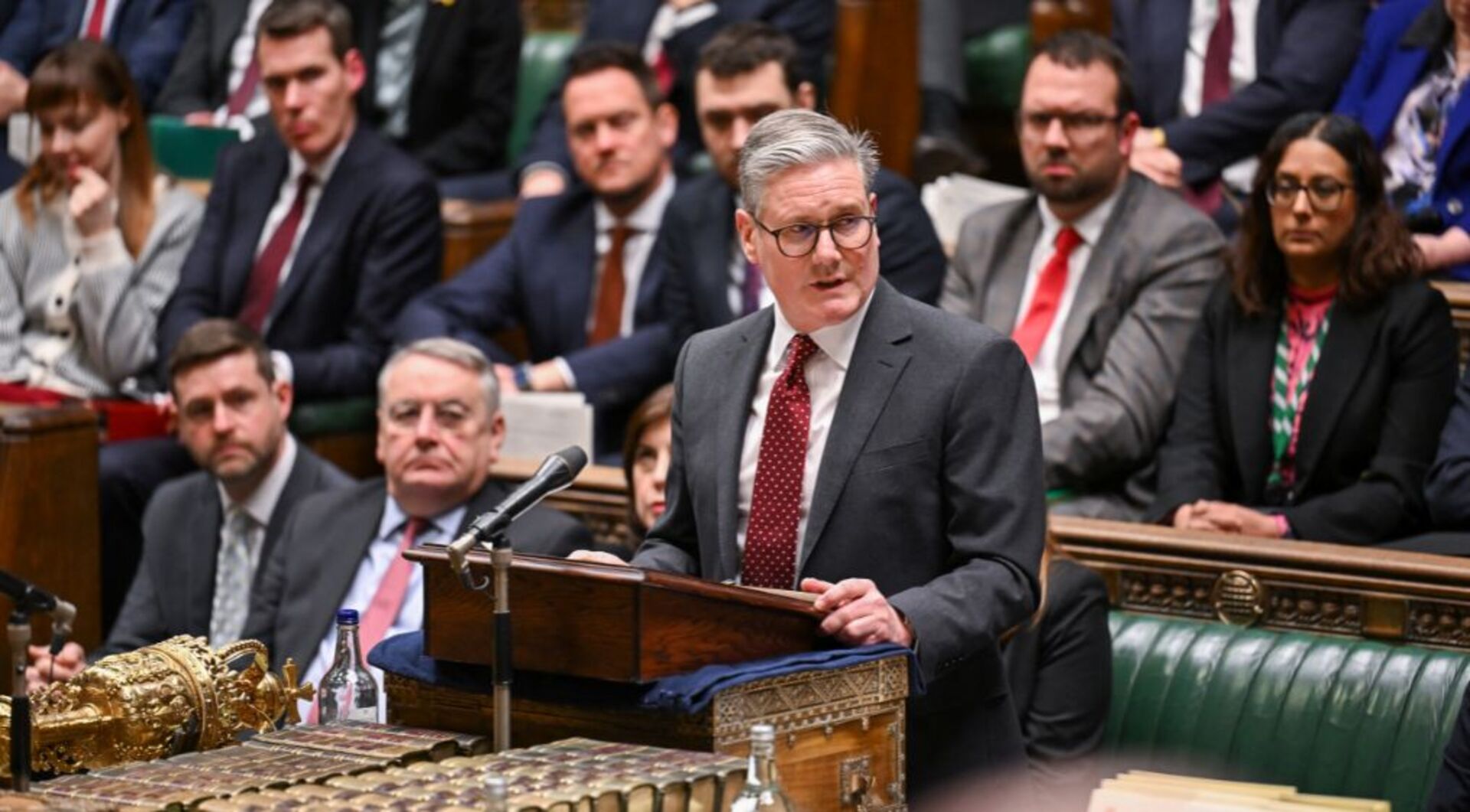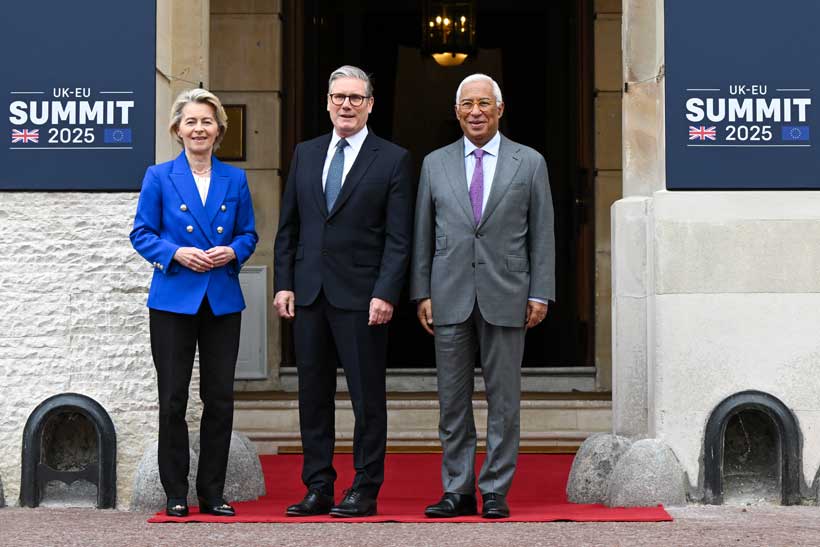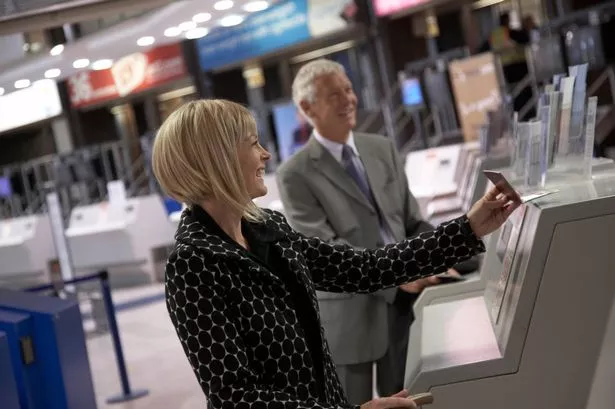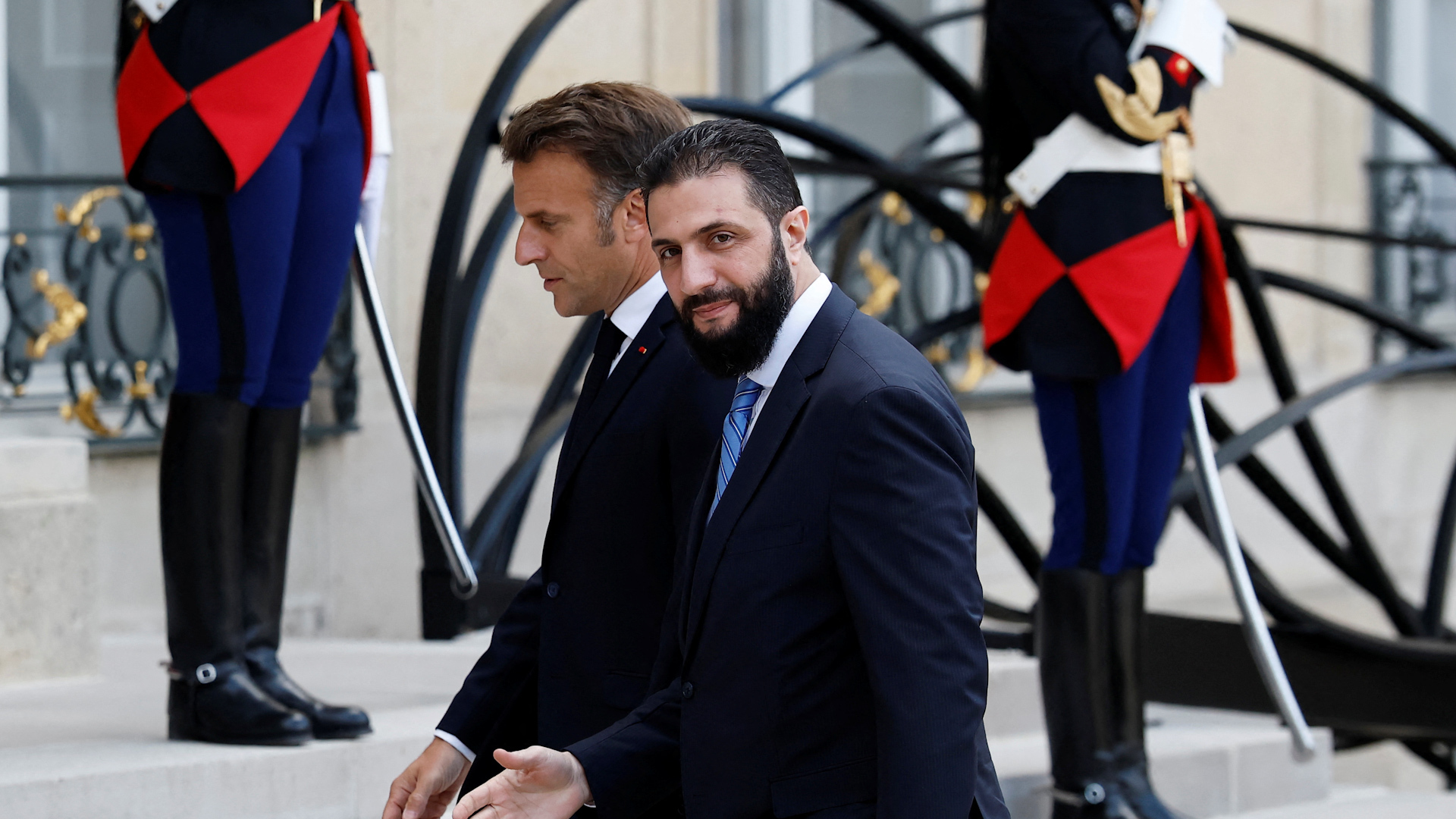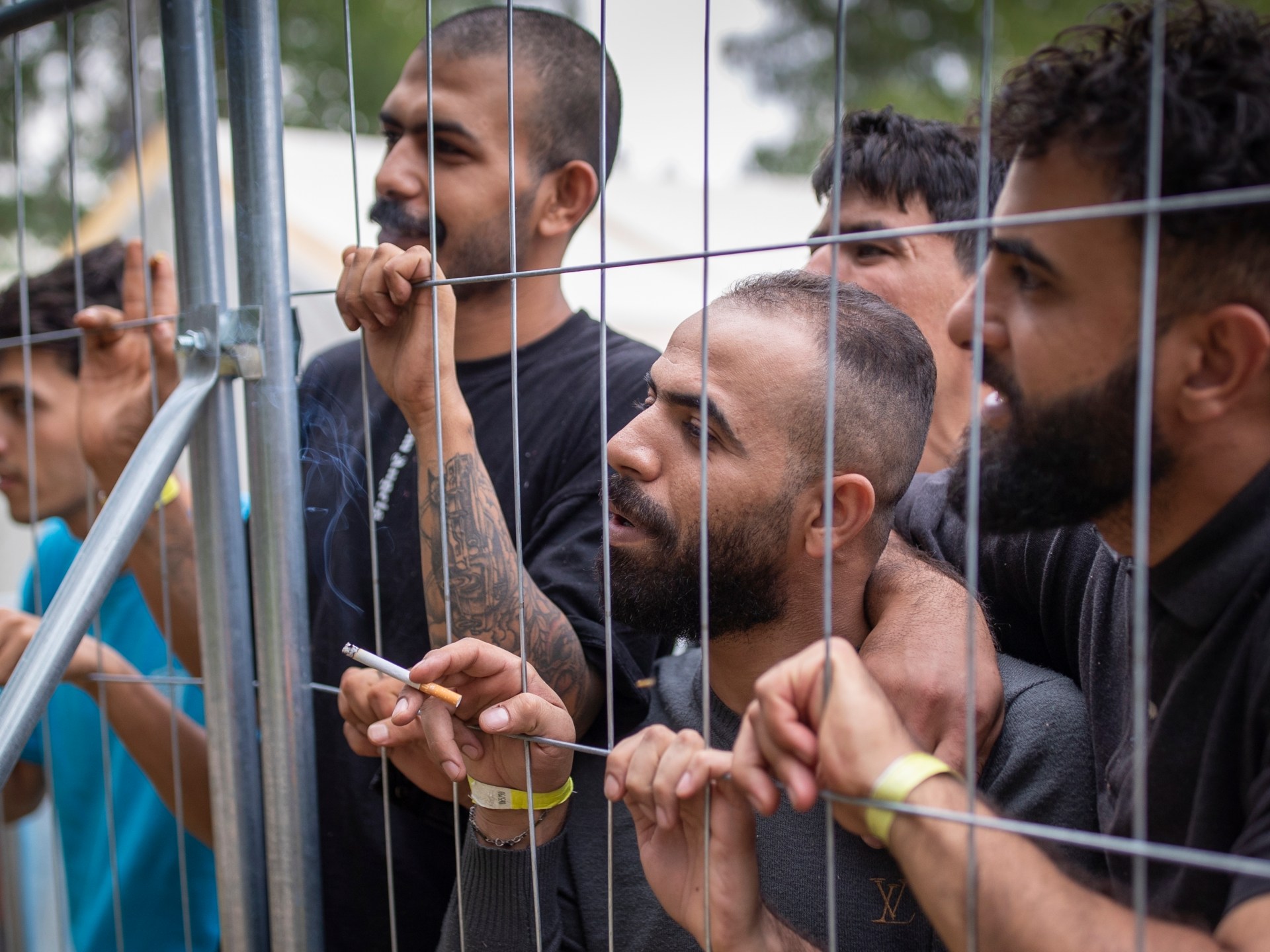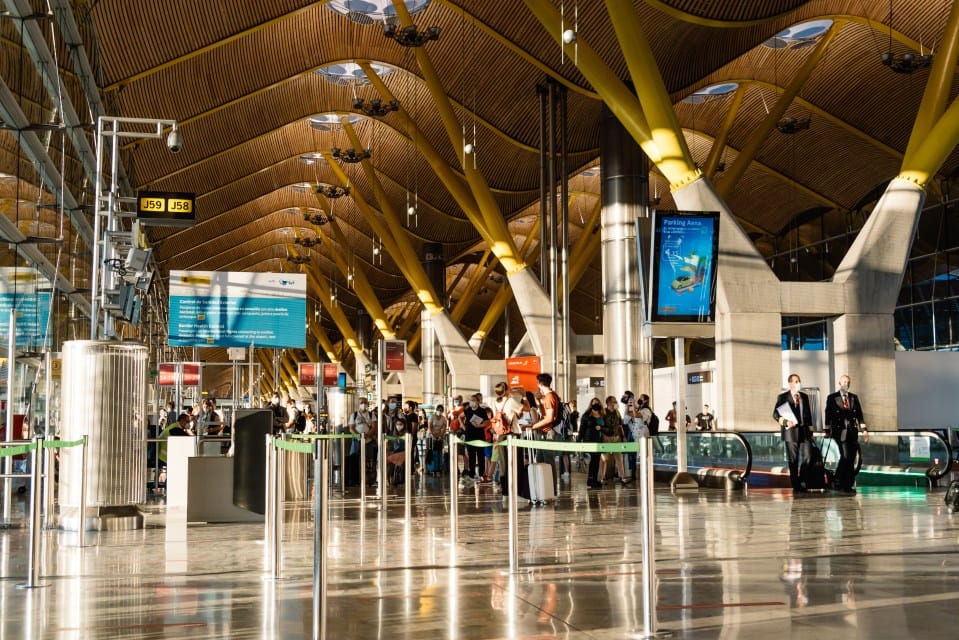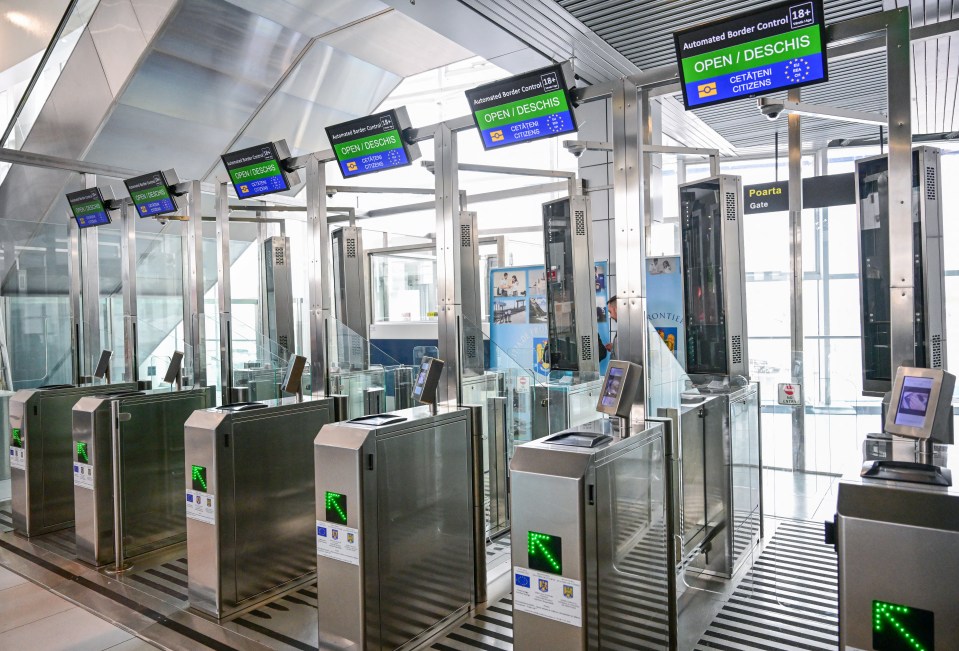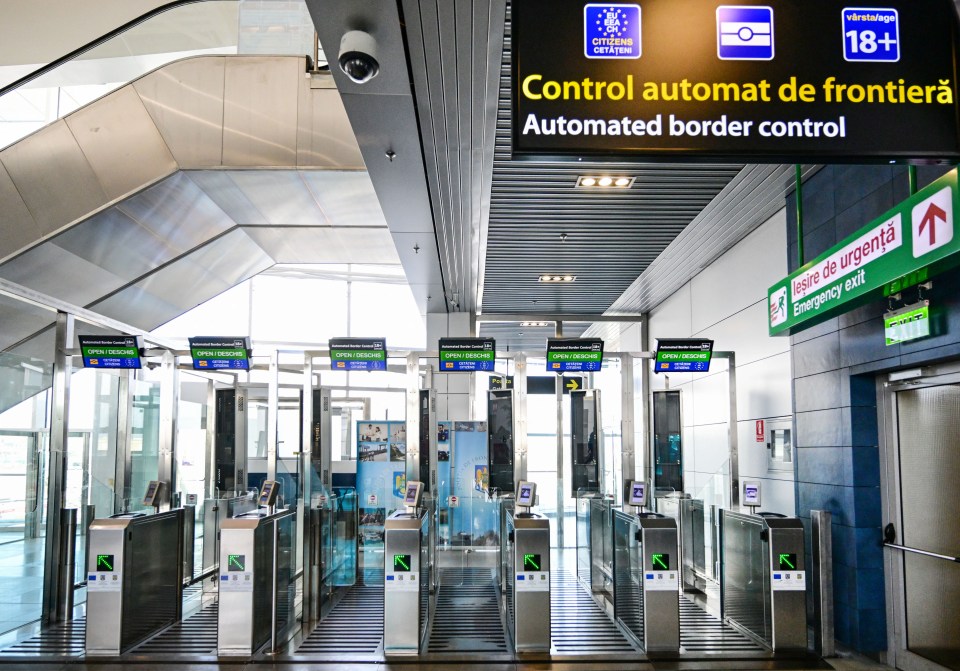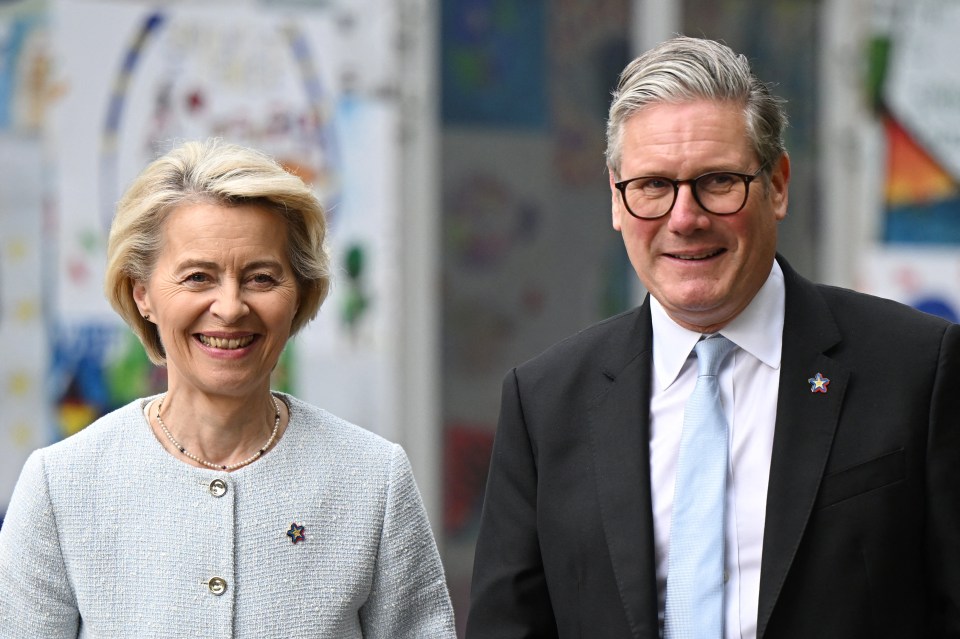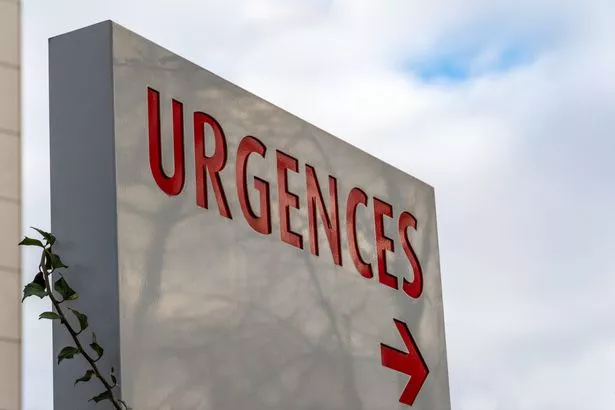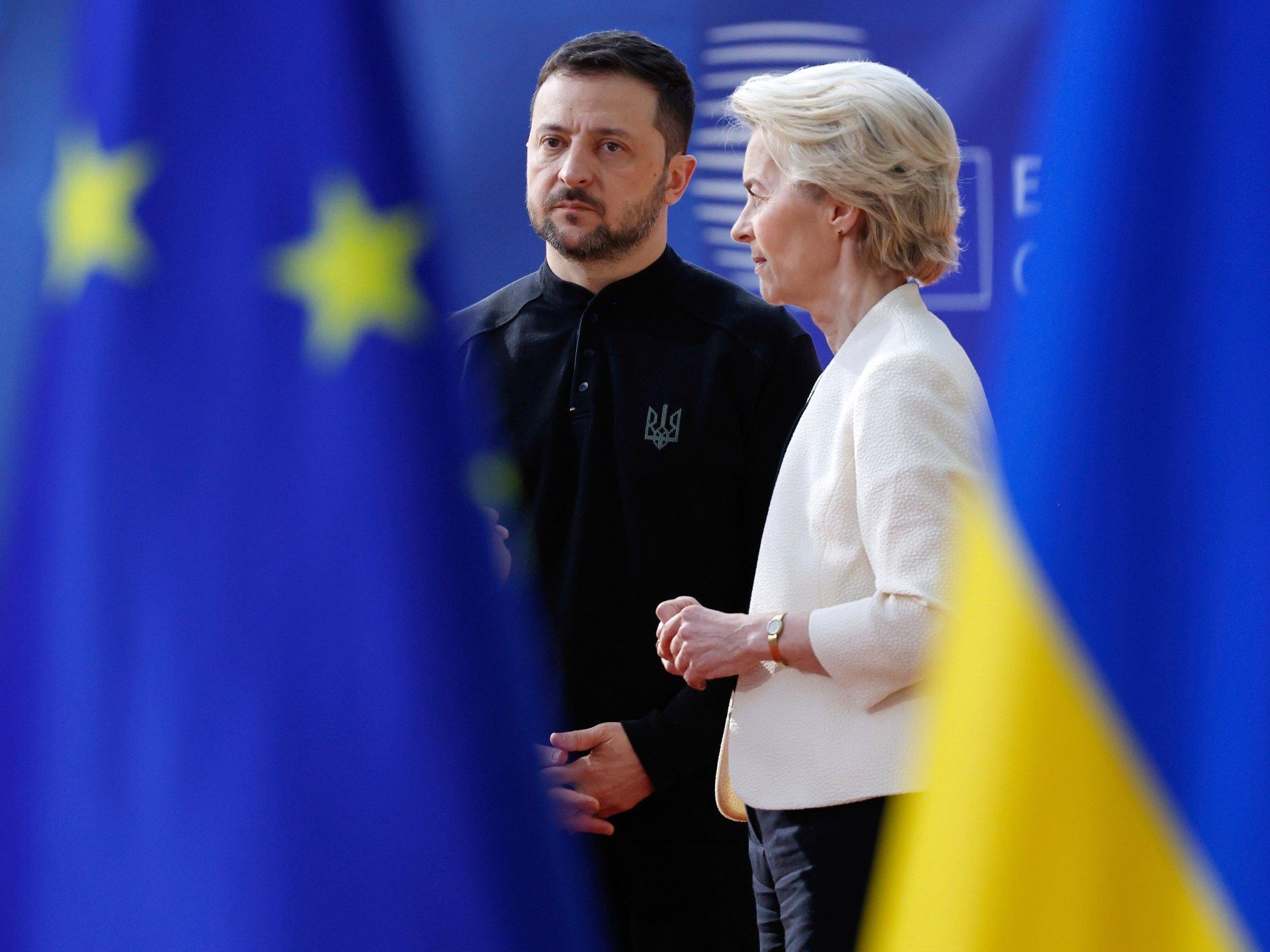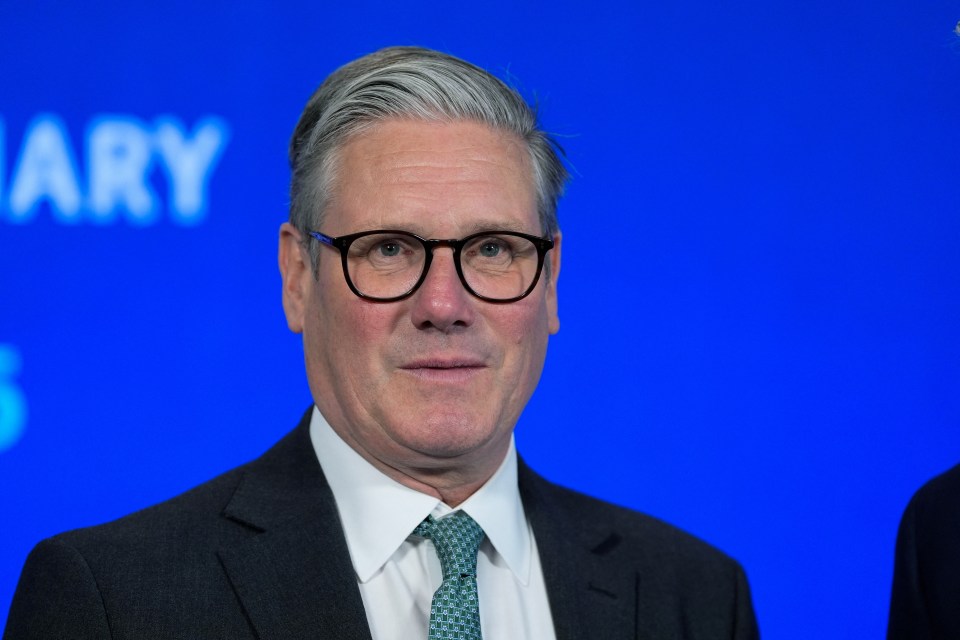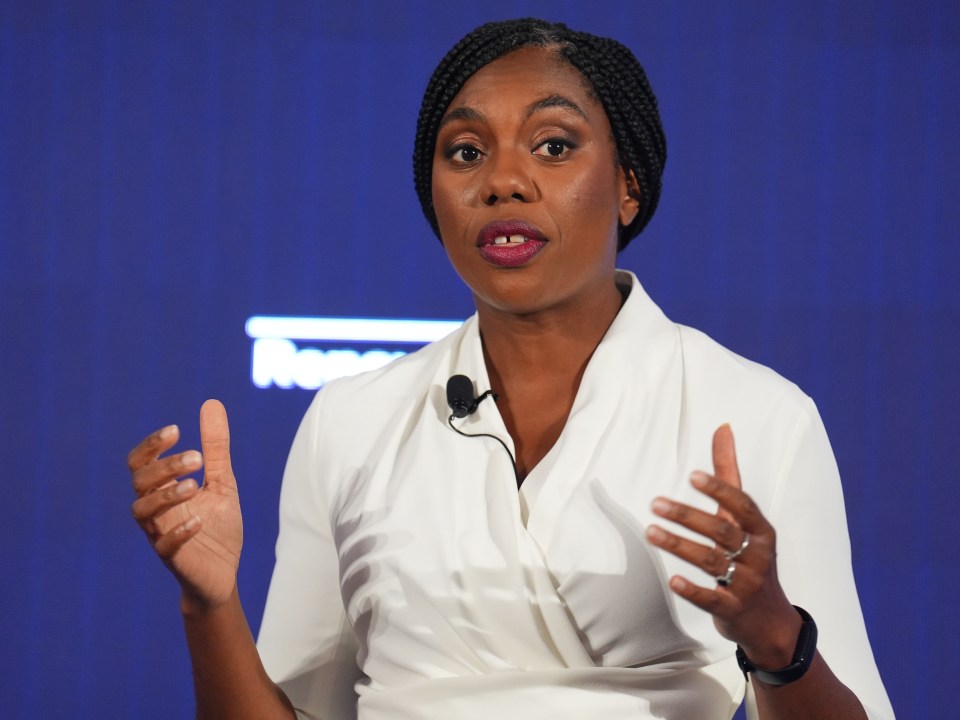With the recent pivot in US foreign policy regarding Europe and NATO, it has become clear that NATO’s European members need to ramp up spending on defense, and the time of relying on the US for defense in Europe is over. Many would argue that it’s well overdue, with Trump saying that NATO members should boost their defense spending to 5% of their GDP versus the traditional 2% target set by NATO. This target for NATO members was first set at the 2006 Riga summit; however, that target was reaffirmed and made more concrete in the 2014 Defence Investment Pledge at their summit in Wales, with only four members hitting the target that year. In 2024, those numbers were up, with NATO estimating 22 out of 32 would hit the target that year, so it’s clear defense spending in Europe is on the up. The Secretary-General of NATO, Mark Rutte, said, “We will need more time to consult amongst Allies what exactly the new level should be. But it is considerably more than 2%,” when asked about higher spending targets.
Inevitably, it will come down to the middle powers of NATO—France, Germany, Poland, and the UK—to step up to the plate and take over the leadership roles. Ultimately, this shift in responsibility will largely shape the alliance and Europe for years to come. But is this realistic, and what hurdles will the middle powers overcome to get there?
The US is the glue that holds NATO together.
Since NATO’s inception, the US has acted as the glue that keeps the alliance together, and it is evident from recent events just how crucial that role is. And it’s significantly more than just manpower/firepower, as you may expect.
The middle powers of NATO face a series of challenges ahead in their effort to step up and take over that role from the US. One of these challenges is the fact that the US plays a monumental role in the hierarchy of NATO’s various operational commands, with the US holding a lot of key roles within that structure that NATO, without the US, would not be able to operate certainly anywhere near as efficiently as it is currently run.
The US also has an integral part to play in NATO’s capability for intelligence surveillance and reconnaissance (ISR), with most of the capability that NATO has being US-supplied and run. An example of this occurred during Operation Unified Protector (Libya, 2011): the US provided an estimated 75% of ISR assets, enabling NATO to carry out precision strikes and monitor Gaddafi regime movements.
All of this is said without even touching the subject of the US’s missile defense and general man/firepower capabilities, with the European nations currently not having an equivalent.
Defense spending and capabilities
The only way the middle powers will be able to step into the US’s shoes and fill the role Washington has traditionally played is through an increase in defense spending, resulting in a significant boost to their military capabilities. However, this necessity presents several challenges of its own, so what does the current situation look like, and how will it develop?
France has consistently maintained a capable military and spent a good amount of their GDP on defense. Fluctuations in their defense budget have meant they’ve fallen short of the 2% goal set by NATO in previous years.
President Macron announced plans in early 2023 to vastly increase military spending, pledging to spend 413 billion euros on defense in 2024-2030, an increase of 118 billion euros compared to the previous period.
Since the Russian invasion of Ukraine in 2022, we have seen a vast increase in defense budgets across NATO, none perhaps more noticeable than in Germany, with Chancellor Olaf Scholz wanting to inject 100 billion euros into the German military (Bundeswehr) to increase military capability and readiness. With the German Federal Minister of Defence, Boris Pistorius, pledging to make the German military “the backbone of deterrence and collective defense in Europe.”
It would seem this shift in defense policy is here to stay, with both German parliaments recently voting in favor of another boost to military spending.
Nevertheless, it’s not all plain sailing for Germany. With recent recruitment numbers falling short of their targets, the Bundeswehr still faces personnel shortages. It’s clear that the intention is there, but there are still many practical challenges for them to overcome.
Poland has quickly become a key player within NATO, from having a humble military at the time of the 2014 annexation of Crimea by Russian forces to boasting the third-largest military within NATO, only behind that of the US and Turkey. Their armed forces have undergone a significant modernization program at this time, too.
This rapid modernization has meant Poland has fast become one of the leading defense powers within NATO, playing a crucial role in securing their eastern flank; they have also become one of NATO’s highest spenders on defense, spending an impressive 4.12% of their GDP.
The UK has consistently hit the 2% target set by NATO and, for the past four years, has even slightly exceeded this, with projects such as the Challenger 3 and the Boxer armored vehicle receiving around £5 billion in funding.
As with Germany, this isn’t without its challenges. The UK has faced significant setbacks in recruitment, with it being reported in November 2024 that the British armed forces had “consistently fallen short of recruitment targets over the past five years,” with some saying that the armed forces were losing 300 people a month more than they were recruiting.
It is also worth mentioning that France and the UK both possess nuclear capabilities, although the UK’s Trident missile system is US-supplied and maintained. Meanwhile, the French “Force de dissuasion” is fully independent.
Whilst it is undoubtable that the middle powers and Europe as a whole are taking defense spending a lot more seriously, and, for the first time since the Cold War, it is being seen as a priority, there is still a long way to go before NATO without the US taking a primary role could even be considered comparable to the NATO we have known up until now.
No natural leader
Other issues the middle powers face when trying to take over these roles are cooperation, coordination of efforts, and political and military leadership. To put it simply, NATO risks lacking unified leadership without the US. There is no obvious alternative to U.S. leadership within NATO. This means the alliance’s future leadership will depend entirely on the ability of European members to cooperate. Historically, however, that cooperation has been difficult. Europe is often divided by differing political ideologies, national interests, and unresolved disputes between member states. Countries frequently prioritize their own agendas, making it hard to reach collective decisions. A key example of this is the long-standing tension between Turkey and Greece—both NATO members, yet frequently at odds due to their history of conflict and territorial disputes. There is also the issue of the European Union and NATO often failing to cooperate, causing frequent internal strife on key issues such as the situation with Turkey and Cyprus.
Nevertheless, there are recent examples of political cohesion, such as the UK stating it would back the potential incoming German chancellor Friedrich Merz in sending Taurus missiles to Ukraine come across more as a patchwork than cohesive leadership. Most of the middle powers appear to focus on strengthening their own national capabilities rather than fostering cohesion and building multinational capacity. The result is a fragmented and disorganized approach—unsurprising, given that NATO is fundamentally an alliance of countries with a long history of rivalry and conflict. However, one should never underestimate the power of an external threat in uniting nations and giving them a common enemy, and Russia certainly seems to be doing just that.
NATO going forward
What does all this mean going forward? Across the board, especially amongst the middle powers of NATO, the intention to take a more active role in defense is there. Generally, NATO isn’t in a terrible position, and the desire for collective defense amongst member states has become paramount.
That said, the alliance still faces significant challenges ahead, especially when it comes to leadership; the US has long been the force that bridged the gap where the European members fell short. The US shifting its focus away from Europe has undoubtedly had a profound effect. It was perhaps not until this happened that it became clear just how much NATO relied on Washington for political direction, and whilst it is entirely possible for the middle powers to collectively take over that role, presently, that reality seems distant. Reaching that reality will be far from an overnight process. With Europe’s attention firmly focused on the war in Ukraine, many argue that the clock is already ticking, bringing the prospect of a conflict with Russia closer to reality.

